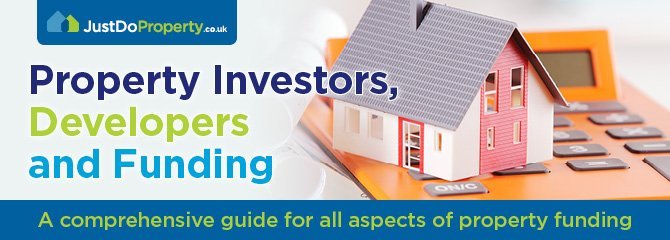A homeowner loan can be a great way for homeowners to get access to the money they need for home repairs, renovations, or other expenses. These loans are available in both secured and unsecured forms and can be used for a variety of purposes. In this blog post, we will discuss everything you need to know about homeowner loans! We will cover topics such as the different types of homeowner loans available, how to apply for a loan, and the benefits of taking out a homeowner loan.
Homeowner Loan – Everything You Should Know
In our everyday life, unplanned and unforeseen expenses can come up at any time. A broken appliance, an emergency home repair, or even a long-awaited home renovation project can put a strain on our finances. For these situations (and more!), a homeowner loan can be a great solution. Of course, as you read more about the subject, you will have a much better understanding of homeowner loans. Now, because most loans are repayable over a long period of time with interest, it is important to make sure that you can afford the repayments before taking out a loan.
What Is A Homeowner Loan?
A homeowner loan is a type of secured loan that uses your home as collateral. This means that if you are unable to repay the loan, the lender can repossess your home. Homeowner loans are used for a variety of purposes, such as home repairs, renovations, or other expenses. Homeowner loans can be taken out in both secured and unsecured forms. Furthermore, the interest rates on homeowner loans are typically lower than those of unsecured loans, such as personal loans.
How Do Homeowner Loans Work?
When you take out a homeowner loan, the lender will assess the value of your property and offer you a loan based on a percentage of that value. The loan amount, as well as the interest rate and repayment term, will be based on your individual circumstances. It is important to note that, because your home is used as collateral, you may be at risk of losing your home if you are unable to repay the loan. Moreover, if you do not keep up with the repayments, your credit score will be affected.
The Different Types Of Homeowner Loans
In general, we differentiate between two types of homeowners loans; those two types are secured homeowner loans, and unsecured homeowner loans.
- A secured homeowner loan is a type of borrowing where the borrower’s home is used as collateral. This means that if repayment isn’t possible, the lender can claim back ownership of the house. Usually, securing a loan in this way results in lower interest rates than unsecured loans and they can be taken out for things like home repairs or renovations.
- A homeowner loan that is unsecured does not use your home equity as collateral. If you cannot repay the loan, the lender thus cannot take your property. Unsecured homeowner loans typically have higher interest rates than secured loans and can only be used for certain purposes, such as fixing up your home or adding an extension.
How to Apply for a Homeowner Loan?
Now that we have answered the question “what is a homeowner loan?” it’s time to move on to the application process. The first step is to find a lender that offers homeowner loans. Once you have found a lender, you will need to fill out an application form. In this form, you will be required to provide information about your income, employment history, and credit history. After you have submitted the form, the lender will assess your eligibility for the loan and decide on the loan amount, interest rate, and repayment term. Applying for a homeowner loan is a relatively straightforward process. The first step is to find a lender that offers homeowner loans. Once you have found a lender, you will need to fill out an application form. In this form, you will be required to provide information about your income, employment history, and credit history. After you have submitted the form, the lender will assess your eligibility for the loan and decide on the loan amount, interest rate, and repayment term.
It is important to note that you will need to have a good credit history in order to be eligible for a homeowner loan. Furthermore, you will need to prove that you have a steady income and are able to make the repayments. If you are getting a loan through your own business you could investigate a revenue based loan. Applying for business funding can sometimes be a time consuming process but if you have open banking it makes it much easier.
In conclusion, a homeowner loan is a type of loan that uses your home as collateral. Homeowner loans can be taken out in both secured and unsecured forms. The interest rates on homeowner loans are typically lower than those of unsecured loans, such as personal loans. Applying for a homeowner loan is a relatively straightforward process. However, it is important to note that you will need to have a good credit history in order to be eligible for a homeowner loan.


